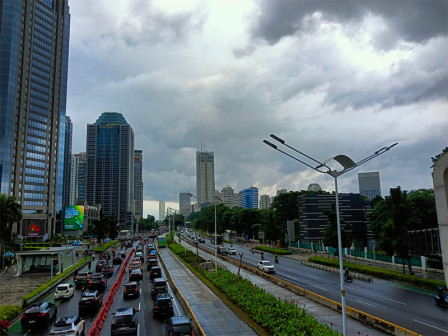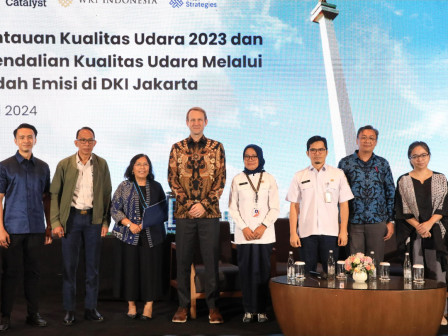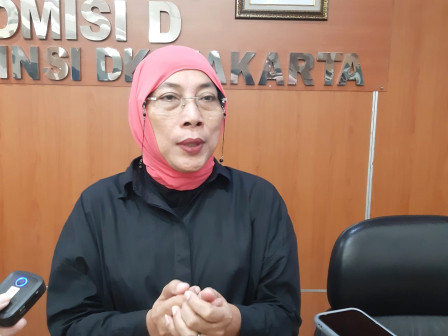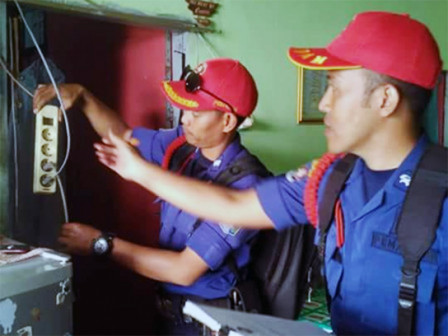Jakarta Anticipates Decline in Air Quality Ahead of Dry Season
Reported by Aldi Geri Lumban Tobing | Translated by Nugroho Adibrata
Jakarta will enter the dry season in May and is predicted to reach its peak in June 2024. It was conveyed by BMKG Greenhouse Gas Informative Sub-Sector Coordinator, Albert Nahas.
The government is ready to anticipate situations
According to him, the impact of global climate phenomena also has an influence on PM2.5, which is one of the pollutant particles.
"Global climate phenomena can influence the climate in Indonesia which also results in PM2.5 conditions. These include El Nino, La Nina and Positive/Negative Dipole Mode," he expressed, Wednesday (5/8).
Environment Agency Adds Nine Air Quality Monitoring StationsHe said La Nina affects PM2.5 concentrations in Indonesia and divides Indonesia's regions into East and West based on the response of PM2.5 to La Nina. One impact is that PM2.5 concentrations tend to be high from night to morning and low during the day.
"However, global climate conditions and air will depend on the emission sources in the region," he expressed.
Project Manager for Clean Air Catalyst from the World Resources Institute (WRI) Indonesia, Satya Budi Utama explained stakeholder involvement is one of the right steps at the policy-making level.
"The city administration learned from last year's events. Thus, the government is ready to anticipate situations where there is a long-term effect of air pollution due to the long dry season," he explained.
This initiative could prepare stakeholders to work on mitigating and anticipating declines in air quality.
The government was deemed to have to synergize with various parties in responding to climate change. One of them was synergizing to anticipate pollution from emissions from the transportation sector.
"In fact, what we are doing now is trying to anticipate reducing pollution even though the sector includes transportation. This is not just done by one party," he explained.
Currently, his party continues to study the development of low-emission areas and encourage changes or transitions from the use of private vehicles to the public transportation system in Jakarta.
"It refers to the behavior in which individuals gradually abandon the use of their private vehicles and switch to public transportation," he stated.




